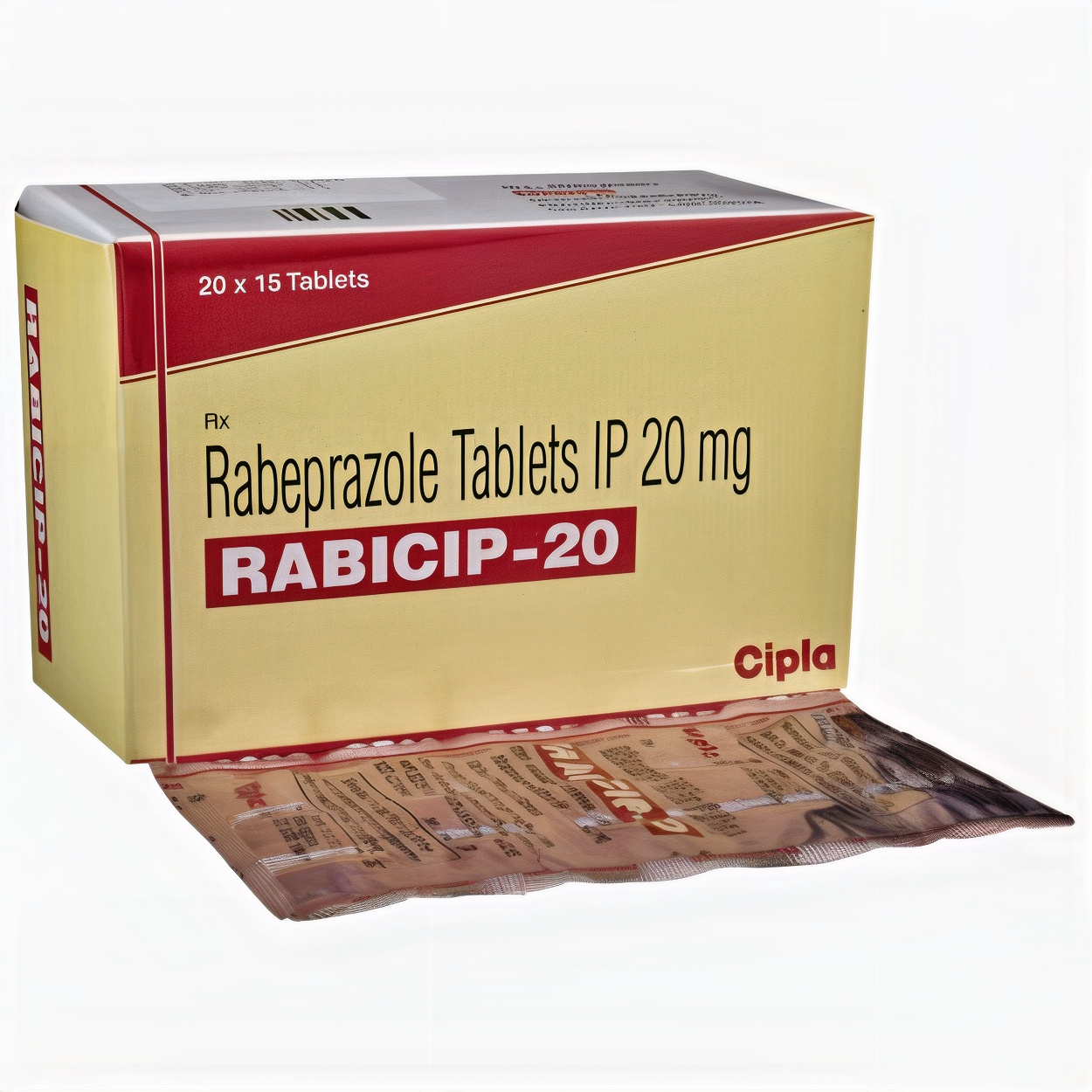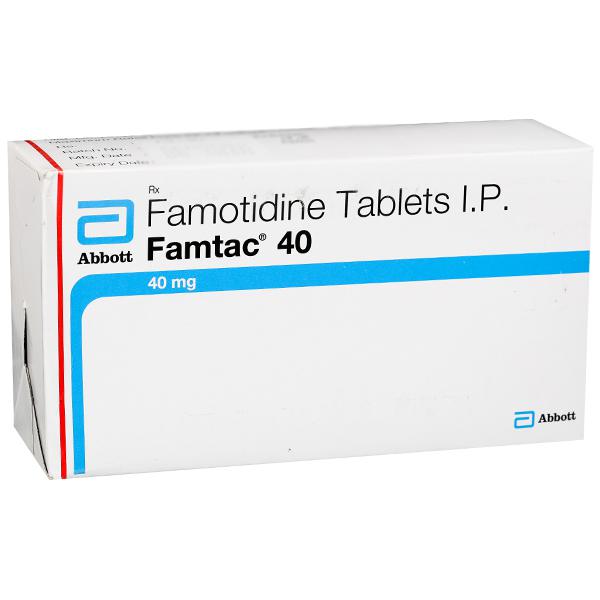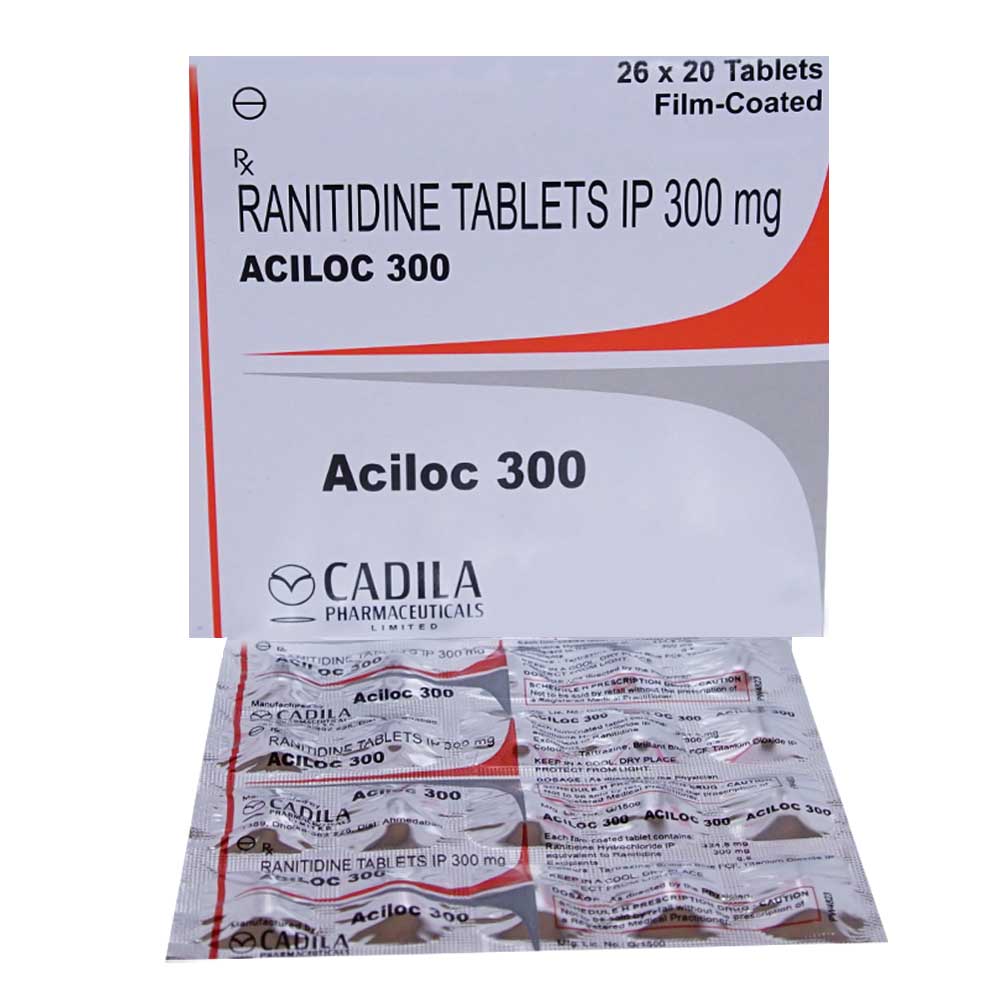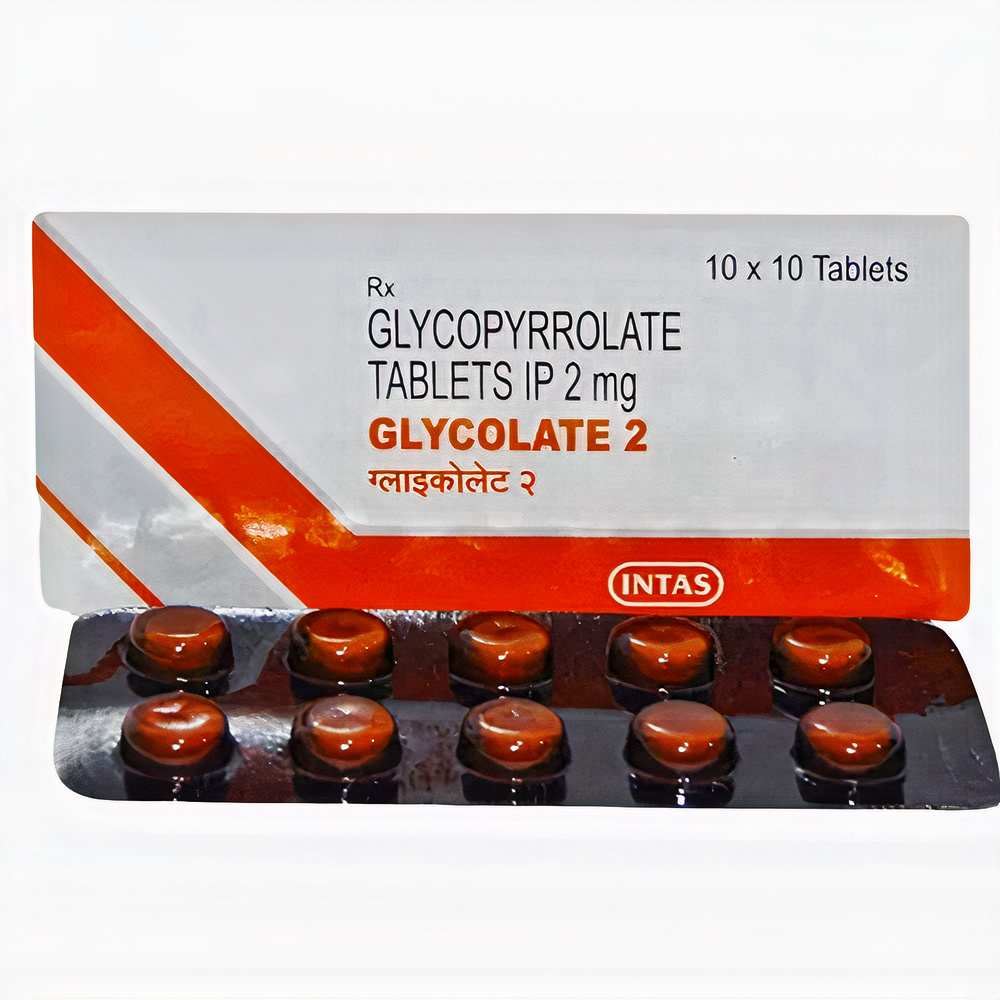Description
Rabicip 20 Tablet (Rabeprazole 20mg)
Rabicip 20 Tablet (Rabeprazole 20mg) is a proton pump inhibitor (PPI) that significantly reduces stomach acid production. It’s predominantly used to treat conditions such as acid reflux, peptic ulcer disease, and Zollinger-Ellison syndrome. By mitigating excessive stomach acid, Rabicip 20 Tablet (Rabeprazole 20mg) provides relief from various symptoms like heartburn, abdominal pain, and indigestion. It is usually taken once a day, one hour before a meal, preferably in the morning. Consistency in the timing of the medication enhances its efficacy, ensuring optimal results.
Uses of ‘Rabicip 20 Tablet (Rabeprazole 20mg)’
- Treatment of Gastroesophageal reflux disease (Acid reflux)
- Treatment of Peptic ulcer disease
- Treatment of Zollinger-Ellison syndrome
Treatment of Gastroesophageal reflux disease (Acid reflux). GERD is a chronic condition resembling consistent heartburn. Rabicip 20 Tablet (Rabeprazole 20mg) alleviates this by reducing stomach acid. Lifestyle adjustments like smaller meals and avoiding certain foods can enhance its effectiveness.
Treatment of Peptic ulcer disease. This tablet helps reduce stomach acid, enabling the natural healing of ulcers. Combined medications may be prescribed based on the underlying cause. Consistent use is vital for efficacy.
Treatment of Zollinger-Ellison syndrome. Characterized by excessive stomach acid and multiple peptic ulcers, this condition benefits from Rabicip 20 Tablet (Rabeprazole 20mg) by reducing acid production, thereby alleviating symptoms and promoting ulcer healing.
Safety & Precautions
- Consult your doctor if you have severe liver problems.
- Inform your doctor if you are taking HIV medications.
- Report any past allergic reactions to similar medicines.
- Discuss bone loss (osteoporosis) conditions with your doctor before use.
- Avoid alcohol as it increases stomach acid production.
- Avoid driving or operating machinery if you feel dizzy or sleepy.
- Pregnant women should consult their physician before use.
- Breastfeeding mothers should seek medical advice before starting the medication.
- Long-term use may increase the risk of bone fractures. Discuss preventive measures with your doctor.
- Low magnesium levels can occur with prolonged use. Monitoring and supplements may be necessary.
Side Effects
Most side effects do not require any medical attention and disappear as your body adjusts to the medicine. Consult your doctor if they persist or if you’re worried about them.
- Diarrhea
- Dizziness
- Flatulence
- Headache
- Nausea
- Sore throat
- Stomach pain
- Vomiting
FAQ
What is Rabicip 20 Tablet (Rabeprazole 20mg) used for? Rabicip 20 Tablet (Rabeprazole 20mg) is a proton pump inhibitor used to treat acid-related conditions like gastroesophageal reflux disease (GERD), peptic ulcer disease, and Zollinger-Ellison syndrome. It works by lowering the amount of acid your stomach produces, providing relief from symptoms, and promoting healing.
How should I take Rabicip 20 Tablet (Rabeprazole 20mg)? This medication should be taken one hour before a meal, preferably in the morning. Swallow it whole without chewing, crushing, or breaking. Take it consistently at the same time each day as advised by your doctor to ensure optimal efficacy.
Are there any foods or drinks I should avoid while taking Rabicip 20 Tablet (Rabeprazole 20mg)? Yes, it is advisable to avoid caffeinated drinks like tea and coffee, as well as spicy or fatty foods. Alcohol should also be avoided as it can increase stomach acid production and exacerbate your symptoms. Smaller, more frequent meals can help manage the condition effectively.
Can I take Rabicip 20 Tablet (Rabeprazole 20mg) if I am pregnant or breastfeeding? If you are pregnant or breastfeeding, consulting your doctor before taking Rabicip 20 Tablet (Rabeprazole 20mg) is crucial. Limited studies exist on its safety during pregnancy, and it may pass into breast milk, potentially harming the baby. Your doctor will weigh the benefits and risks before prescribing it.
What should I do if I experience side effects from Rabicip 20 Tablet (Rabeprazole 20mg)? Most side effects like diarrhea, headache, and nausea are mild and resolve on their own. However, if they persist or cause significant discomfort, consult your doctor promptly. Long-term use can increase certain risks, such as bone fractures and low magnesium levels, so ongoing monitoring may be necessary.
Can I drive or operate machinery while taking Rabicip 20 Tablet (Rabeprazole 20mg)? Rabicip 20 Tablet (Rabeprazole 20mg) may cause dizziness or make you feel sleepy. If you experience these symptoms, avoid driving, using machinery, or engaging in activities that require alertness until you feel better. Discuss any concerns with your healthcare provider.
Additional Information
Dosages of Rabeprazole
Rabeprazole is prescribed in multiple dosage forms and strengths to cater to various medical conditions. It is available in delayed-release tablets and sprinkle capsules. Below are the dosage forms commonly used:
| Form | Strength |
|---|---|
| Tablet, delayed-release | 20 mg |
| Capsule, sprinkle | 5 mg, 10 mg |
Dosage Considerations
- Sprinkle Capsules: Indicated for short-term (up to 4 weeks) treatment in healing and symptomatic relief of duodenal ulcers.
- 20 mg orally once/day after morning meal for up to 4 weeks; some patients may require additional therapy to achieve healing.
- Helicobacter Pylori Eradication: Used in combination with amoxicillin and clarithromycin for treatment of H. pylori infection and duodenal ulcer disease.
- 20 mg orally twice daily for 7 days with morning and evening meals; alongside amoxicillin 1000 mg and clarithromycin 500 mg twice daily.
- Gastroesophageal Reflux Disease (GERD):
- Adults: 20 mg orally once/day for 4-8 weeks; an additional 8-week course may be considered if not healed.
- Maintenance dosing (20 mg/day for up to 12 months) shown to reduce relapse rates.
- Symptomatic GERD: 20 mg orally once/day for 4 weeks; additional course may be considered if symptoms persist.
- Pediatric Dosage:
- Delayed-release tablets: For children 12 years and older, 20 mg orally once/day for up to 8 weeks.
- Delayed-release capsules (sprinkle): For children 1-12 years (less than 15 kg), 5 mg orally once/day 30 minutes before a meal, up to 12 weeks. May increase to 10 mg if response is inadequate. For children 1-12 years (15 kg or greater), 10 mg orally once/day 30 minutes before a meal, up to 12 weeks. Safety and efficacy not established for children under 1 year.
- Hypersecretory Conditions: For long-term treatment of conditions like Zollinger-Ellison syndrome.
- 60 mg orally once/day initially; may increase to 100 mg/day or 60 mg every 12 hours as needed.
Note: Continue use as long as clinically needed; some patients with hypersecretory conditions have been treated continuously for up to 1 year.
Dosage Modifications
- Renal Impairment: No dose adjustment necessary.
- Hepatic Impairment:
- Mild to Moderate: No dose adjustment necessary.
- Severe: Not studied.
Drug Interactions
Rabeprazole can interact with various medications, which may affect how it works or increase the risk of serious side effects. It is critical to inform your healthcare provider of all the medications you are using before starting Rabeprazole.
| Interaction Type | Drugs |
|---|---|
| Severe | Erlotinib, Nelfinavir, Rilpivirine |
| Serious | Atazanavir, Clopidogrel, Dasatinib, Delavirdine, Digoxin, Idelalisib, Indinavir, Itraconazole, Ivacaftor, Ketoconazole, Mesalamine, Nilotinib, Nisoldipine, Pazopanib, Phenytoin, Ponatinib, Sofosbuvir/Velpatasvir |
| Moderate | Rabeprazole has moderate interactions with at least 49 different drugs. |
| Mild | Rabeprazole has mild interactions with at least 59 different drugs. |
This is not a complete list of possible drug interactions. Always consult with your healthcare provider or pharmacist for additional information and guidance regarding drug interactions.
Possible Drug Interactions
If you have been prescribed Rabeprazole, your healthcare provider has likely assessed the risk of potential drug interactions and may be monitoring you for them. Do not start, stop, or change the dosage of any medication without consulting your doctor.
Concluding Thoughts
In summary, Rabeprazole is an effective proton pump inhibitor used to manage various gastrointestinal conditions, including GERD, H. pylori infections, and hypersecretory conditions. Its effectiveness depends on strict adherence to prescribed dosages and careful monitoring for possible side effects and drug interactions. Always consult healthcare professionals for personalized medical advice and treatment adjustments. For any severe adverse reactions or concerns, contacting the FDA at their toll-free number 1-800-FDA-1088 is advised.






